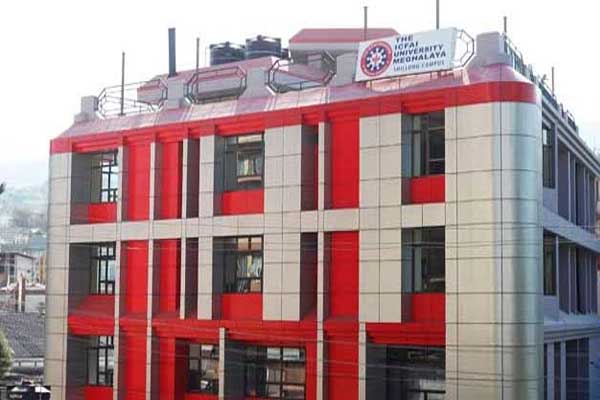ROOPAK GOSWAMI
Shillong, Nov 27: Food safety has been strengthened in Meghalaya as it has been included in the Indian Council of Medical Research’s (ICMR) FoodNet initiative.
This comprehensive surveillance network aims to combat foodborne diseases through an integrated approach involving human, animal, food, and environmental health systems, marking a critical advancement for the state and the broader Northeast region.
The Indian Council of Medical Research (ICMR) has launched an integrated foodborne disease surveillance network, FoodNet, in Northeast India. The program aims to combat foodborne diseases by leveraging a “One Health” approach, which integrates human, animal, food, and environmental health systems.
Two centres in Meghalaya- Northeastern Indira Gandhi Regional Institute of Health and Medical Sciences (NEIGRIHMS) and State Disease Diagnostic Laboratory, Animal Husbandry & Veterinary Department have been included in the second phase of ICMR FoodNet initiative and will conduct rigorous testing of food and clinical samples to identify foodborne pathogens, strengthening Meghalaya’s capacity to detect and respond to outbreaks.
“In India, foodborne diseases are the 5th leading cause of disease burden and diarrhea is the third leading cause of childhood mortality. Although, the country has a robust health infrastructure and disease burden estimation and reporting system through the Integrated Disease Surveillance Programme (IDSP), foodborne and waterborne diseases are not prioritized as a major public health problem” says a paper on “An integrated FoodNet in North East India: fostering one health approach to fortify public health”.
Due to the dearth of systematic data on foodborne diseases and outbreaks, the Indian Council of Medical Research (ICMR), New Delhi, has taken the initiative to establish a network of dedicated laboratories and conduct integrated surveillance of foodborne diseases in northeast India. This is the first foodborne disease surveillance network established in India.
The paper says foodborne diseases and outbreaks caused by microbial and environmental contaminants are perceived on a large scale in the Northeastern Region, not only because of their inclination towards preserved, fermented, raw, boiled, and smoked foods but also the unique methods of preparation of different food items and a shortage of safe drinking water.
From 2020 to 2023, 13,981 samples were tested including 4,362 cooked, 9,485 uncooked and 134 ethnic/traditional food items collected through the market surveillance. Overall sample positivity for enteric pathogens was 3.1% (432) [uncooked food items were 2.5% (236), cooked food items were 4.4% (192) and ethnic/ traditional food items were 3.0 % (4)]. In addition, 3,297 clinical samples were tested, including 3,107 stools and 190 rectal swabs collected through the hospital survey.
“Sample positivity for enteric pathogens was 5.5% (172) and 8.9% (17) in stool and rectal swab samples, respectively. In total, 13 outbreaks occurred during the study period. From three outbreaks investigated in Sikkim, two in Tripura, and three in Assam, the causative pathogens were identified ” the ICMR study revealed.




